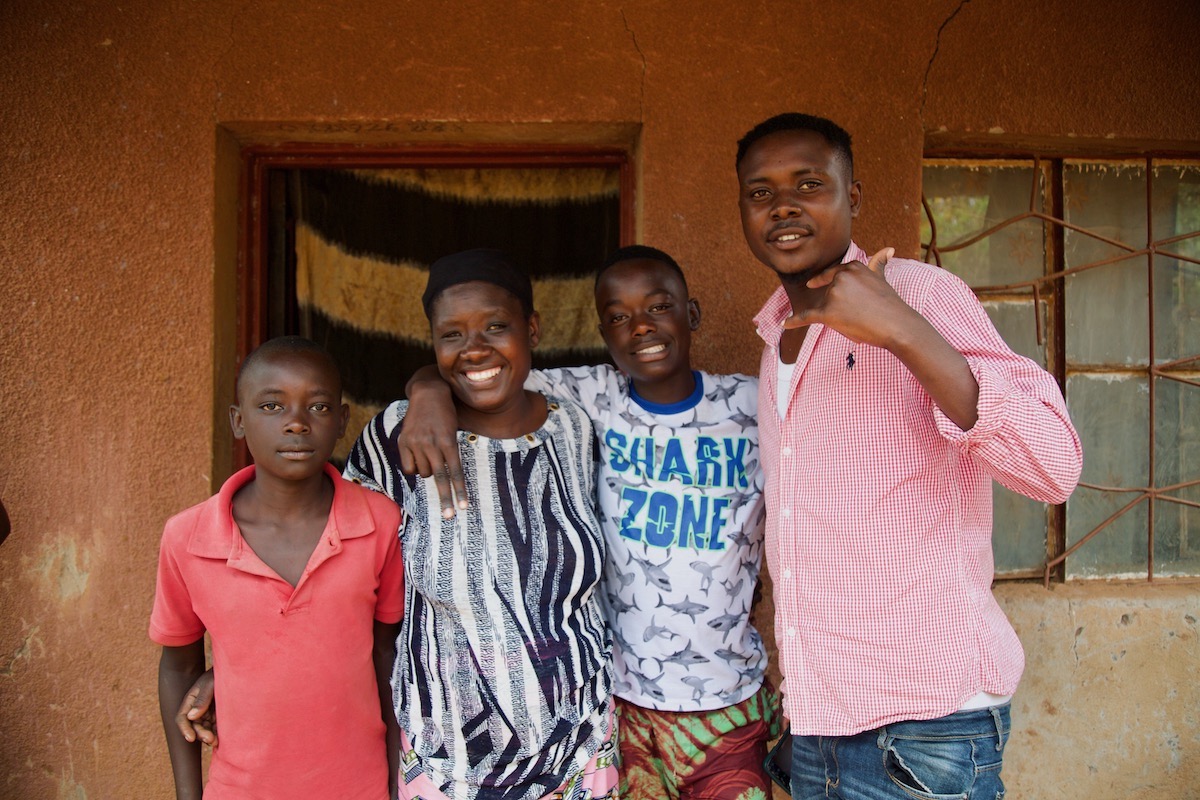
Why Caring For Orphans & Vulnerable Children Means Caring For Their Families, Too
“What if sometimes, the best way to love a child is to actually love their parents?”
This question hit me as I listened to a recent Think Orphan podcast with Sarah Winogard. Even though she was talking about the US child welfare system, it didn’t sound too different from my experiences serving halfway across the world.
I spent almost nine years in Rwanda helping children leave homelessness and return to their families.
I got to know many mothers who have endured this all too common narrative. So when Sarah shared her stories from the US foster care system, the one that struck me most was about a loving mother doing everything she could to provide for her children—but still struggling.
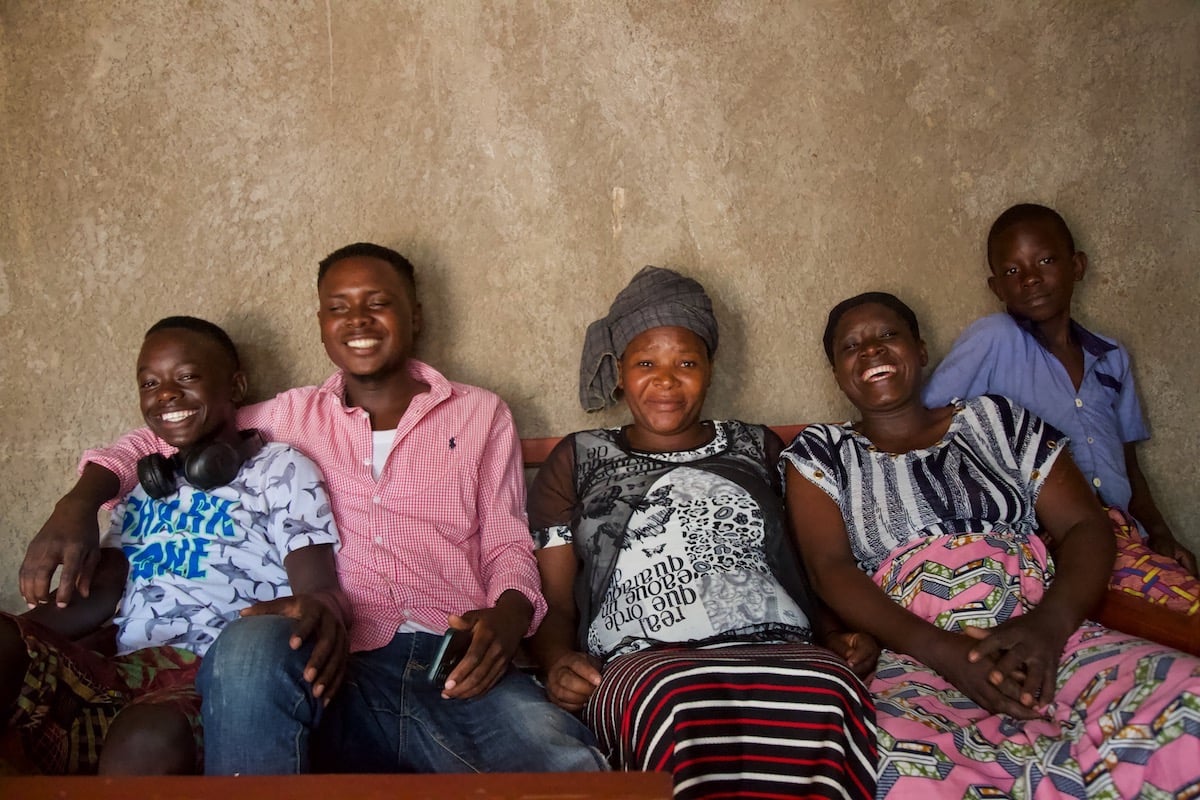
It reminded me of one very special family in Rwanda that changed my life.
In 2019, I met a boy called Emmy* (changed for confidentiality) who had spent a few months homeless. Like many children who end up in residential care, he actually had a family. He had run away because he wasn’t enrolled in school, and his family often struggled to eat. Emmy stayed at our transitional center while we worked to trace his family, determine their needs and how we could support them.
I’ll never forget the day he went home—for two reasons.
The first, the excitement they had to be together again was palpable. They couldn’t stop smiling or giggling. The joy was contagious. They visibly longed to be with one another again.
The second moment came when we were saying goodbye and Mama Emmy* looked at all of our staff and said:
“I can’t wait to provide for him like you all have.”
Her words have stuck with me to this day.
But caring for the whole family didn’t stop there.
Over the years, Mama Emmy became a friend, and we worked closely with a few other mothers doing small businesses. Out of the mothers, she was always one that was more comfortable teasing me. She frequently took my sunglasses during meetings and when wearing them would tell me she was a celebrity. I eventually gave her a matching pair which really made her laugh.
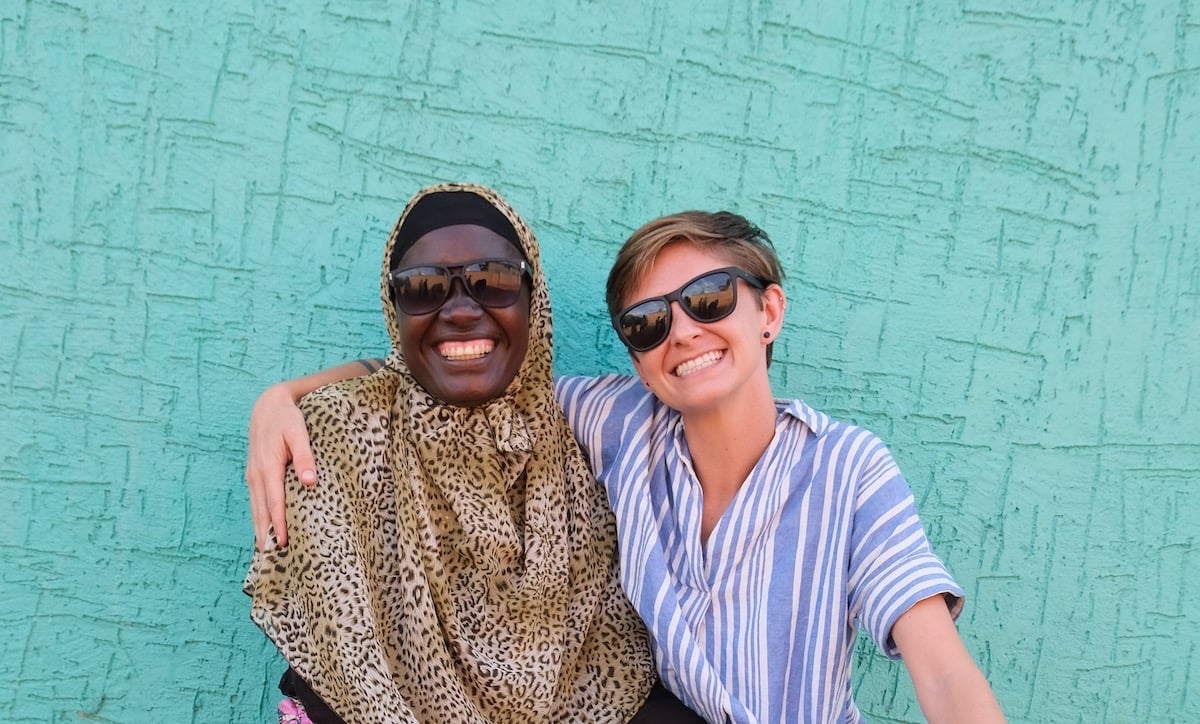
In 2022, Mama Emmy shared with me that they had moved and she wanted me to see her new place. I gladly accepted.
When I arrived, we exchanged greetings and then she brought us in and asked us to sit down while she went to get Fanta. I stood up to look around the room.
She had been working so hard to get a better place for her family, and she did it. I knew she was proud. As I turned around, my eyes saw a photo I had taken of Emmy from years ago. Under it, there was a piece of notebook paper nailed into the mud wall.
"Relationship between child and their parent is best thing. Love is best thing."
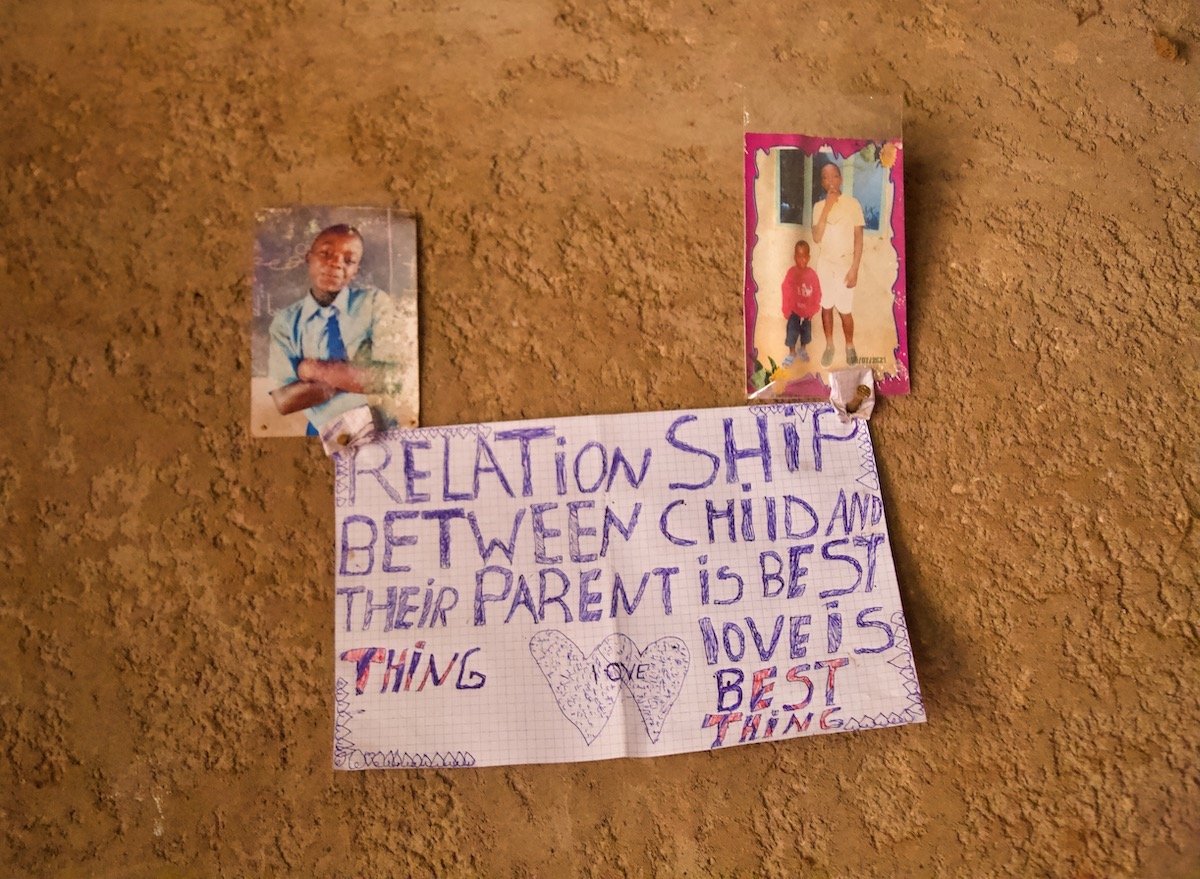
Tears began to fall from my eyes. I knew Emmy had written it.
In that house, in that moment, this little paper—it was everything.
Mama Emmy returned to the room with her tray of Fantas. Soon Emmy tore through the house, winded and sweaty, carrying a bicycle.
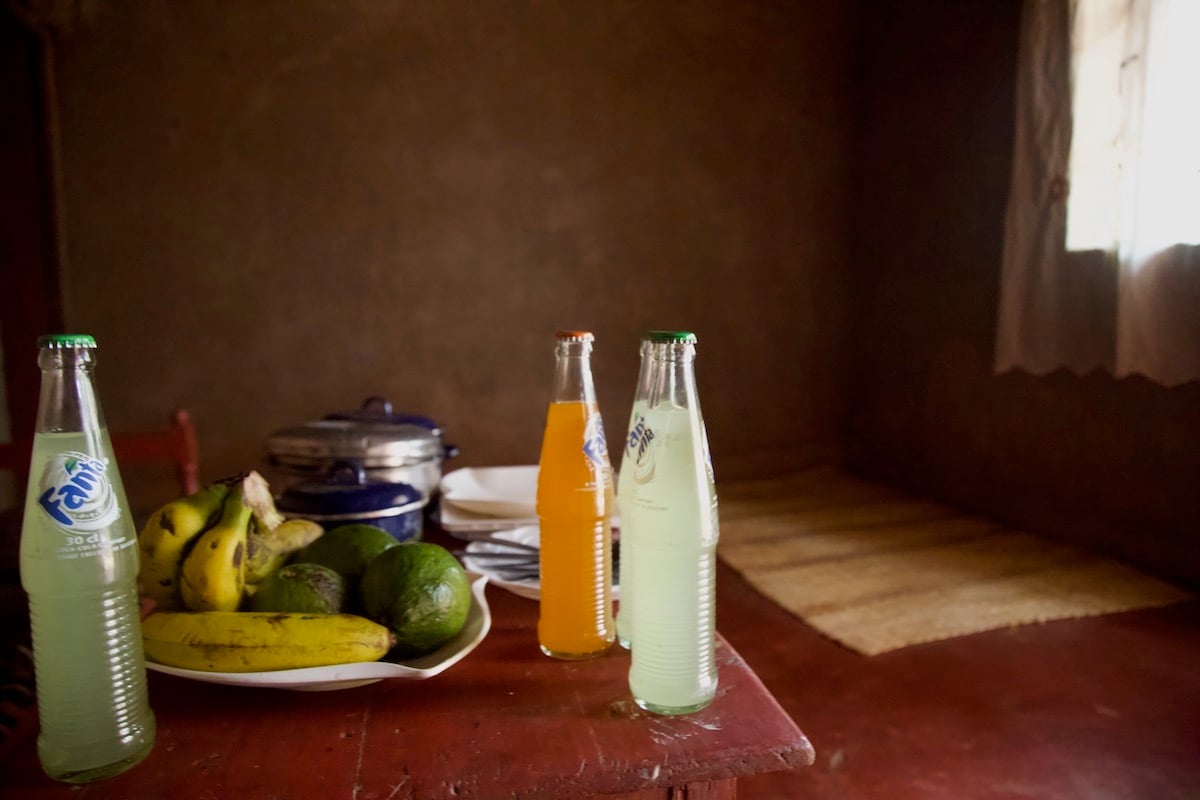
“Amanda! Welcome, hi! How are you?! Sorry, I was fetching water!” He gave me a big hug.
I pointed to the wall, “Did you do that?”
He nodded with a big smile and looked over at his mom.
“I’m proud of you,” I said.
“Thanks. I have been helping my mother. I use my friend’s bicycle to fetch water on weekends and I can give her some money. Right now, I’m saving money to get new shoes for school.”
Mama Emmy leaned closer listening with a smile. She took so much pride in Emmy being able to have a conversation in English with me.
She couldn’t understand a word of what we were saying but she smiled from ear to ear, glowing with pride.
I looked at her—and in her language said, “You have a very good son.”
She said, “I know. He’s my best friend.”
They both started laughing hard—and the rest of us in the room followed.
I watched the two with tears in my eyes, because I couldn’t imagine a world where this mother and son were not together.
I think Emmy’s drawing says it all, and echoes what Sarah Winograd said.
There are good things, there are great things, and there are best things.
And maybe, historically, we haven’t always known what is ‘best’ for a child or family.
But, as we’ve learned, and continue to learn, we have the opportunity to continue pursuing better care and investments.
What if sometimes, the best way to love a child is to actually love and care for their parents?
And by doing so, we not only help one child—but every other child in that family.
.......................
ABOUT THE AUTHOR
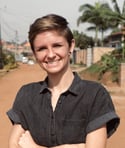
Amanda Good has worked in the nonprofit sector for over 10 years and is the Program Manager for Global Programs and Partnerships at 1MILLIONHOME. Before joining 1MH, she spent several years in Rwanda working with an organization that serves street-connected children and vulnerable families. Beyond care reform, Amanda is passionate about working alongside locals to fight poverty with proven solutions. She has also consulted for organizations in education, women’s empowerment, clean water, artisan exports and coffee production throughout East Africa.
